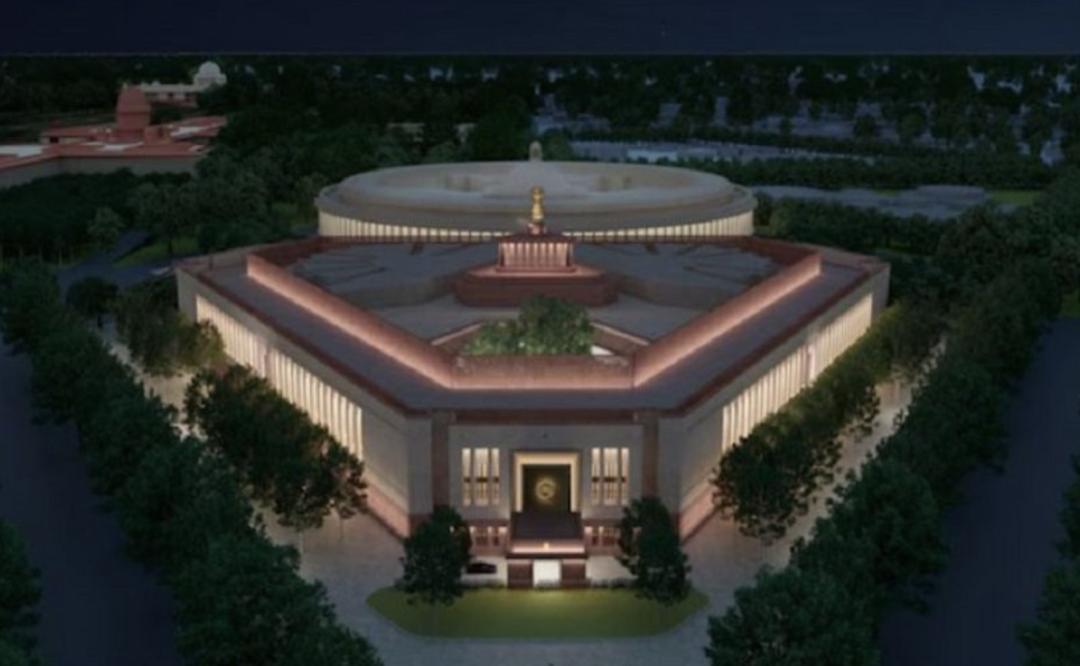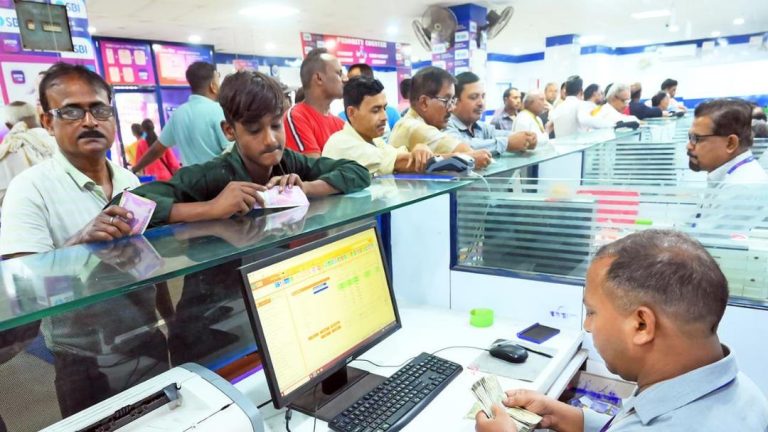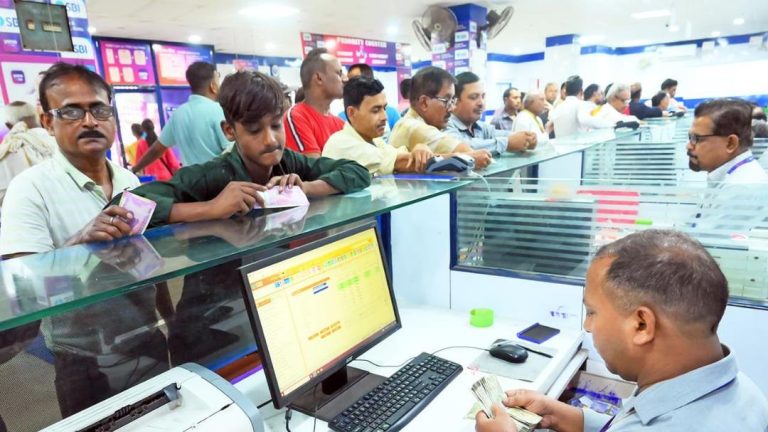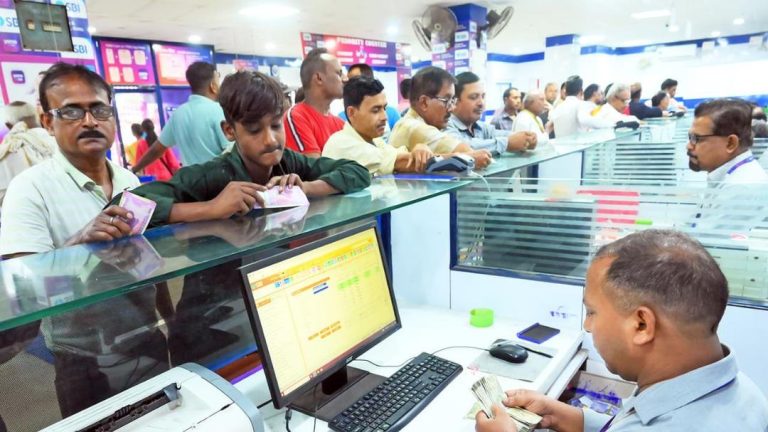
Biometric Smart Cards Must for Govt Employees at CCS-3 Building
The Ministry of Home Affairs (MHA) has recently implemented a new security measure for its employees working in the new Central Secretariat Building (CCS-3) in Delhi. As per the latest directive, all employees, including contractual staff, are required to possess biometric smart cards to enter the building. This move aims to enhance security and replace the old identification cards that were previously used.
The biometric smart cards will not only serve as a new mode of identification but also as an authentication tool to grant access to employees at entry points. This upgrade is expected to improve the overall security and efficiency of the building.
What Does This Mean for Employees?
For employees, this means that they will no longer be able to enter the CCS-3 building without their biometric smart cards. The cards will be used to authenticate their identities and grant them access to the building. This is a significant change from the previous system, where employees were issued old ID cards that were not as secure.
To apply for the biometric smart cards, employees will need to apply online and then visit the MHA offices for biometric enrollment and verification. This process will ensure that the cards are issued accurately and efficiently.
Why the Need for Biometric Smart Cards?
The MHA has implemented this new security measure to ensure the safety and security of its employees and the building. The biometric smart cards provide an additional layer of security, making it more difficult for unauthorized individuals to gain access to the building.
In recent years, there have been several instances of security breaches and unauthorized access to government buildings. The implementation of biometric smart cards is a proactive step taken by the MHA to prevent such incidents and ensure the security of its employees and assets.
Benefits of Biometric Smart Cards
The biometric smart cards offer several benefits, including:
- Enhanced Security: Biometric smart cards provide an additional layer of security, making it more difficult for unauthorized individuals to gain access to the building.
- Improved Efficiency: The cards will streamline the entry process, reducing the time it takes for employees to enter the building.
- Cost Savings: The biometric smart cards will reduce the need for physical keys and ID cards, resulting in cost savings for the government.
- Increased Transparency: The biometric smart cards will provide a digital record of employee attendance and access, making it easier to track and monitor employee activity.
Challenges and Concerns
While the implementation of biometric smart cards is expected to enhance security and efficiency, there are also some challenges and concerns that need to be addressed. Some of the concerns include:
- Data Privacy: There are concerns about the security and privacy of employee biometric data, which will be stored on the smart cards.
- Accessibility: Some employees may face difficulties in accessing the biometric enrollment and verification process, particularly those with disabilities.
- Cost: The cost of implementing biometric smart cards may be high, particularly for smaller government agencies.
Conclusion
The implementation of biometric smart cards for government employees at the CCS-3 building is a significant step towards enhancing security and efficiency. While there are some challenges and concerns, the benefits of biometric smart cards far outweigh the drawbacks. The MHA’s decision to implement this new security measure is a proactive step towards ensuring the safety and security of its employees and assets.
Source:
https://trak.in/stories/biometric-smart-card-for-govt-employees-at-new-ccs-3-building-in-delhi/




